The Census. A census of private account books in Florence, 1211-1499
Oggetti della collezione: (6)
The Census. A census of private account books in Florence, 1211-1499
Attenzione: da giugno 2026 la funzionalità di condivisione della collezione non sarà più disponibile e le collezioni già condivise non saranno più funzionanti.
Condivisione collezione "The Census. A census of private account books in Florence, 1211-1499"
Copia e incolla il seguente codice per incorporare la collezione nel tuo sito:
Descrizione
We present here a hopefully complete census of private account books in Florence, 1211-1499.
The documents recorded in the census are 3096, offering an invaluable source of information on economic life in Florence.
The census offers for each known document information such the Ragione, family, profession, economic activity, the company, partners, chronological data, the archival location, the type of book and further archival information.
Users have two options to explore the census.
The first is to view the dataset in the browser or download pdf file. You will need to zoom the page to make it readable, and you can search by words as in a regular searchable pdf. This view offers limited processing opportunities – thus we offer four different vistas that sort the data in four different ways
The second way to explore the census is to download and open the Excel© file. This allows maximum flexibility in sorting, selecting or processing the data according to the goals of the researcher.
As soon as possible, there will be the third way: to link to a database search tool created by the Venice Center for Digital and Public Humanities, that provides a user-friendly interface to search the dataset and select data.
What is included in this dataset?
The database includes all the accounting records produced privately by Florentine economic actors along a chronological period between the first documentary evidences (13th century) and the end of the 15th century, regardless of the current place of conservation of the document. The purpose of the project is providing a valuable research resource for the study of the economic dimension of medieval man in his domestical and professional life.
With the “private” attribution, we point out the exclusion from the catalog of accounting records produced by public institutions, both political and religious, charities and confraternities. Partial exceptions to this discrimination can be found in those accounts which describe both family administration and the management of public offices or customs duties. The census includes then accounting records referring to public interest only when these were preserved by the author in his family archive.
Who is included in the dataset?
The second definition to be clarified is the one relating to the attribute that the term “Florentine” carries with itself. The accounts scheduled for this dataset belong to persons registered in the tax records of the Florentine state, regardless of the place of editing or conservation of the archival unit.
By Florentine state, we mean the territorial subject formed in the Late Middle Ages through the expansion of the jurisdiction exercised by the municipal institutions of the city of Florence.
The progressive enlargement of the territorial state involved the inclusion of other urban centers, relevant for their manufacturing and mercantile identity. The fundamental stages of this process coincided with the formal acquisition of the following municipal districts: Prato (1351), Valdinievole (1369), San Miniato (1370), Arezzo (1384), Pistoia (1402), Pisa (1406), Volterra (1472).
Credits
The realization of a complete census of the Florentine accounting sources is the last step of a long research, started almost fifty years ago. The main credits go to Richard Goldthwaite and Marco Spallanzani who have collected through their research lives a huge set of data in public and private archives. Thanks to a grant funded by Ca’Foscari University of Venice, under the supervision of Chiara Saccon and Massimo Warglien, Francesco Bettarini, the curator of the current census, had the possibility to build on their original notes, checking and extending archival information, organize the data by archival item, and store the census on a searchable database.
Improving the census
Historians can help improving the census over time as they discover new documents, find new information on existing ones, or spot inaccurate information. In order to improve the census, they can write to Francesco Bettarini, <francesco.bettarini@unive.it>, that will check the information and include it in the census database.
New versions show updates.
Last update: version 4, July 2022.
Luogo/Tempo
1211 - 1499
Soggetto
• Medieval Accounting, Florentine Capitalism, Accounting sources, Double-entry bookkeeping







 è un servizio del
è un servizio del